Description
What Makes This Direct Trade Coffee Great, Aside from Its Flavour?
#1. A Transparency Report
It comes with a “Transparency Report” from the Honduran Coffee Alliance, revealing the Farmgate price, in addition to the other costs that went into producing this coffee. This coffee’s 2024/2025 crop price breakdown (prices are in USD):
Farmgate price — $3.93/lb (for dried, parchment)
Transport — $0.04/lb
Milling — $0.36/lb
Taxes & Government fees — $0.18/lb
Export fees — $0.10/lb
Total — $4.61/lb
(This is the “Freight on Board”, or FOB price)
In this pricing structure, the grower (named Josué) received 85% of the FOB price. Generally, the grower receives around 60-80% of the FOB price.
#2. Trustworthy Information About the Grower
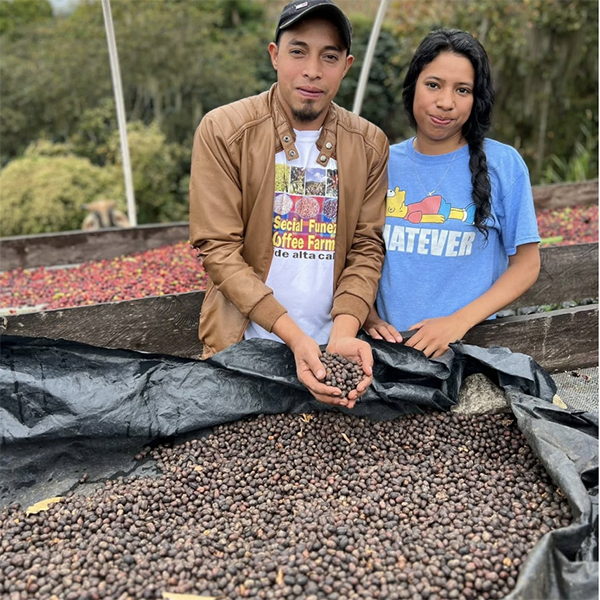
Josué’s Story
Josué Ariel is a third-generation coffee farmer who grew up in the same region where he now cultivates his own farm. Life on his parents’ farm was always a struggle, and he was only able to finish the ninth grade. His journey has been long and challenging, but today he is recognized for producing exceptional microlots, especially through his mastery of processing techniques. Before this, Josué actually emigrated from Honduras seeking opportunities, only to later return with a renewed purpose: to dedicate himself fully to coffee. That decision has transformed his life.
Currently, Josué has established stable commercial relationships with buyers, selling nearly 50% of his production as specialty coffee. He works with three processes — Natural, Honey, and Washed — which has not only improved the quality of his coffee but also his quality of life, thanks to better prices and long-term trust with his buyers. Josué believes strongly that the future of small producers in Honduras depends on specialty coffee. This conviction drives him to constantly learn and upgrade his farm. Recently, he improved his fermentation infrastructure — adding tanks and dedicated spaces for naturals — and is planning to acquire an instrument to measure the exact drying point of his coffees, addressing one of his biggest challenges in past seasons.
Looking ahead, Josué says he’s excited to begin harvesting the Geisha variety from one of his plots soon. He also expanded his farm by purchasing half of a hectare of land this year and plans to keep diversifying varieties, in order to offer buyers a wider range of profiles; while always maintaining consistent quality and careful processing.
Update 2025: Josué’s perseverance has not only advanced his own farm but has also inspired his family. This year, he encouraged his siblings Lila and Néstor to enter the specialty coffee commercialization process. With his guidance, they have already connected with buyers and are now motivated to keep improving their production and marketing. Together, they are building a family legacy that reflects both resilience and innovation in Honduran coffee.
Josué’s Farm: Finca Las Flores
Josué’s farm, called “Finca Las Flores” (“The Flower Farm”, in English) is located in the community of La Peñita, in the Montesillos mountain range, in the small town of San Sebastián, in the department of Comayagua, Honduras. La Peñita is roughly 54 kilometers from Tegucigalpa, the country’s capital. The natural landscape is known for its excellent microclimate for tropical vegetation and panoramic views from its high points. Finca Las Flores sits at roughly 1650 meters above sea level.
In terms of its production, the farm has about 4,000 Lempira variety coffee plants, which Josué manages using organic fertilizers. He said that he refrains from applying any product that damages the soil and tries to provide shade canopy wherever possible, plus he keeps wild reserve areas around his farms. This year (2024/2025) Josué said Finca Las Flores produced 20 sacks (69 kilos each) of the honey process.
Coffee Production in Honduras: A General Overview
Honduras is one of the world’s top producers of Arabica coffee, ranking among the top 7 globally and the leading exporter in Central America. Annual output reaches around 6–7 million 60‑kg bags — roughly 5–6% of global production. Coffee accounts for about 20–30% of Honduras’s agricultural GDP and supports over 120,000 farming families and about 1 million rural workers.
The growing regions are characterized by mountainous terrain, high altitudes (generally 1000–1750m), volcanic and fertile soils, and tropical highland climates — and these create prime environments for Arabica cultivation. Major coffee regions include Copán, Montecillos, Comayagua, El Paraíso, Agalta, and Opalaca. Production is overwhelmingly smallholder-driven, with about 95% of producers managing farms averaging roughly 2 hectares or less (typically <7 hectares). Agriculture is largely shade-grown to support biodiversity and quality. Crop management includes selective hand-picking, pruning, renovation of older plantations, and disease/pest control — especially against Coffee Leaf Rust (Hemileia vastatrix) and the Coffee Berry Borer.
Coffee varieties grown include Bourbon, Caturra, Catuai, Typica, Pacas, plus IHCAFE-developed hybrids Lempira, IHCAFE-90, and disease-resistant Parainema — some competing in and winning Cup of Excellence contests. Post-harvest processing is predominantly the washed (wet) method via large cooperative wet mills. However, specialty microlots now include honey, natural, and extended fermentation methods.
Research and institutional support is led by IHCAFE (Instituto Hondureño del Café), established in 1970. It supports farmer technical assistance, input access, low-interest loans, farm renovation, and climate-smart initiatives. Honduras also hosts regional plant breeding and World Coffee Research trial stations. Major markets for Honduran coffee include the U.S., Germany, Belgium, Italy, Canada, and rising demand from South Korea. EU regulations on deforestation traceability pose challenges.

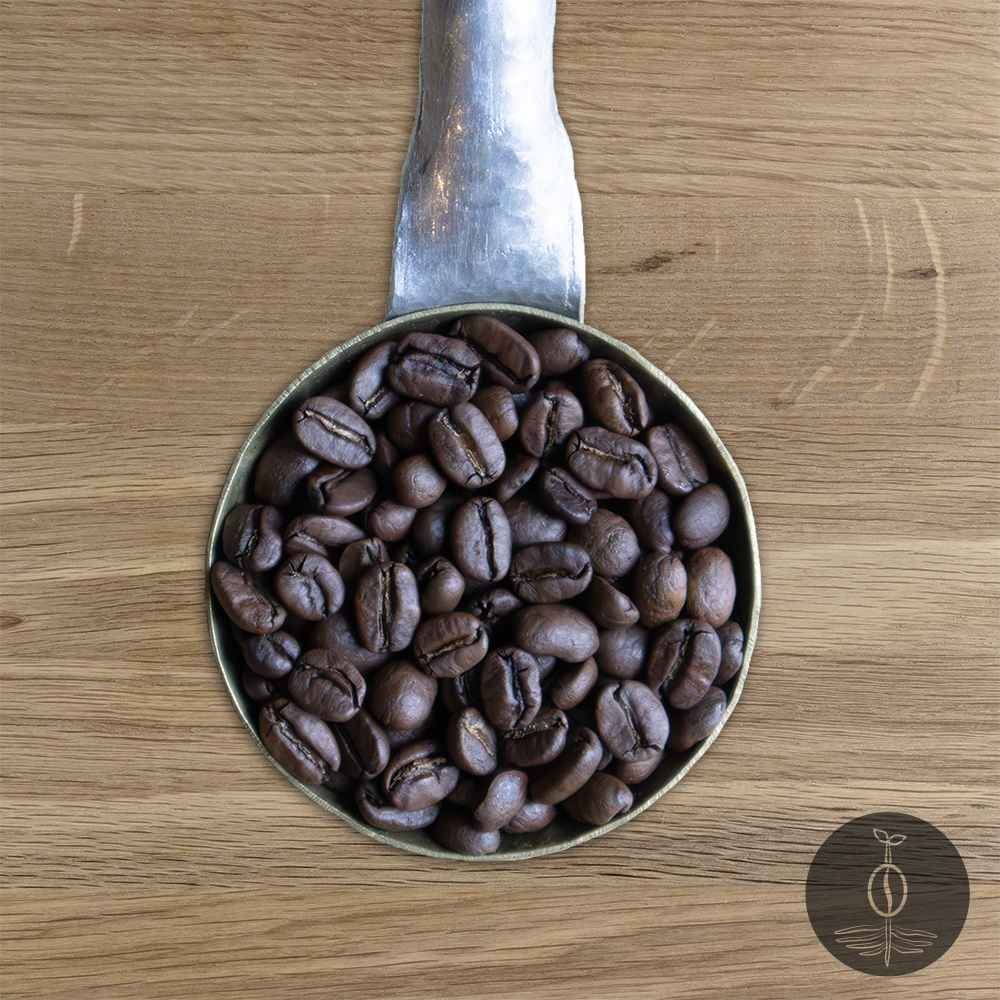
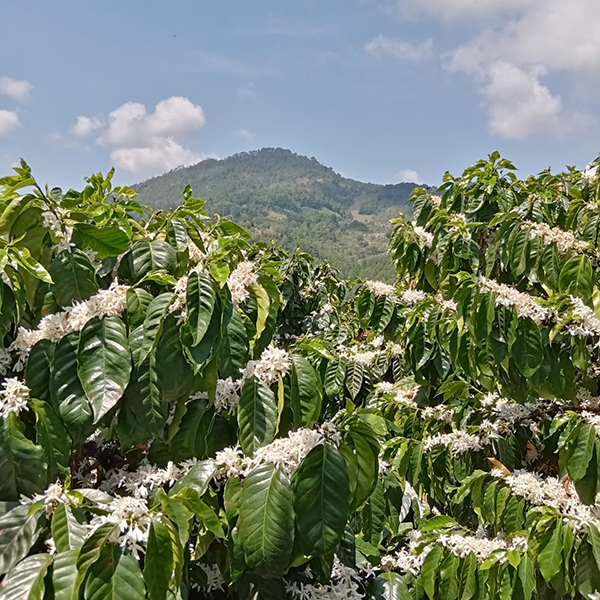
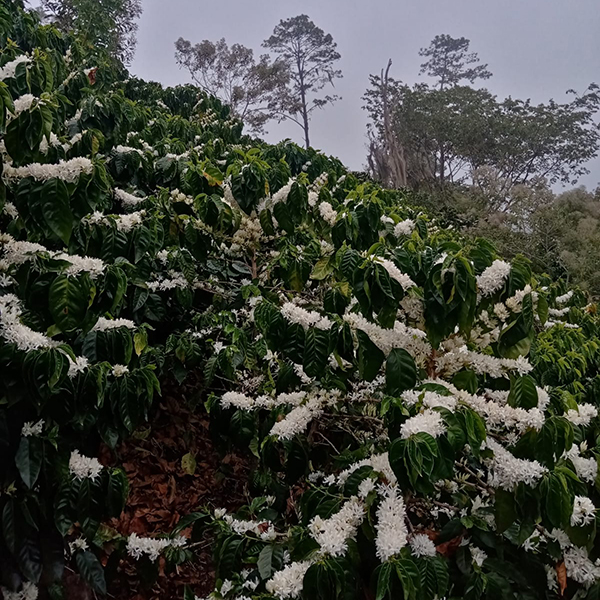
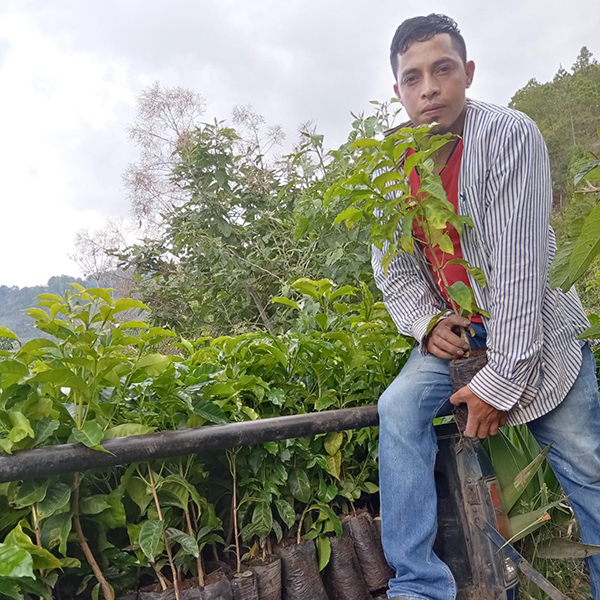
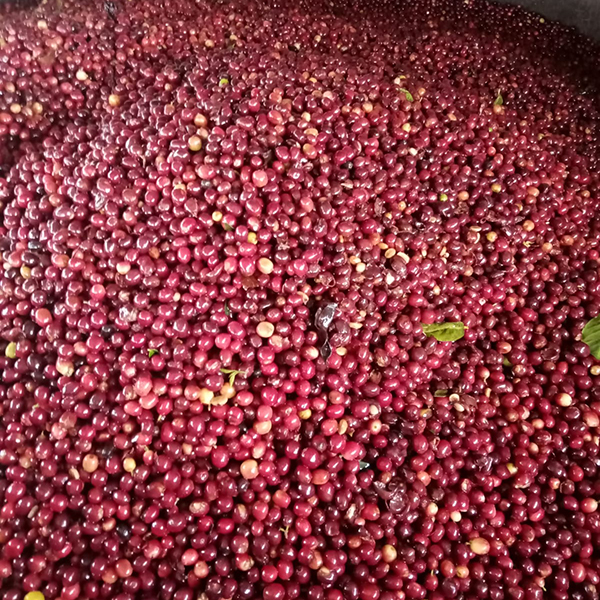
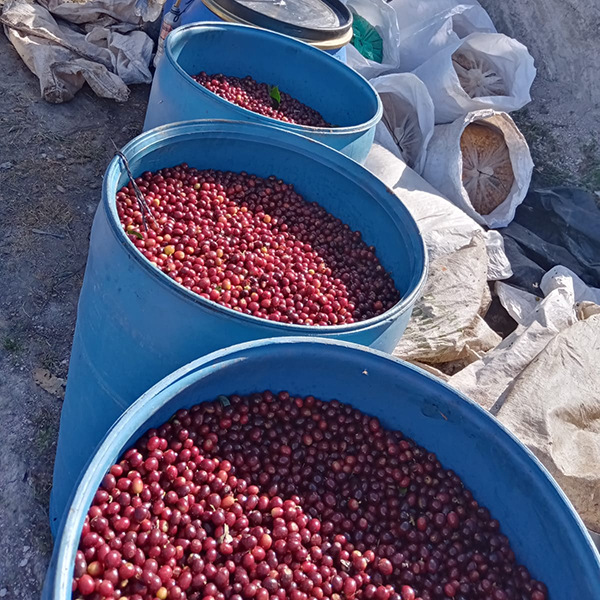
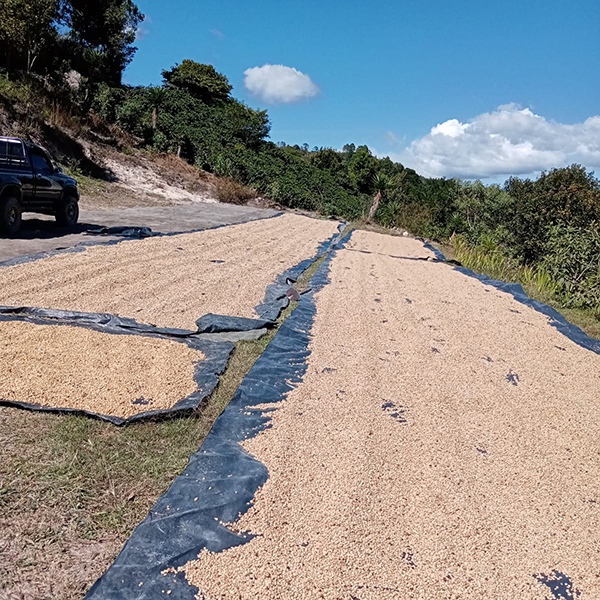
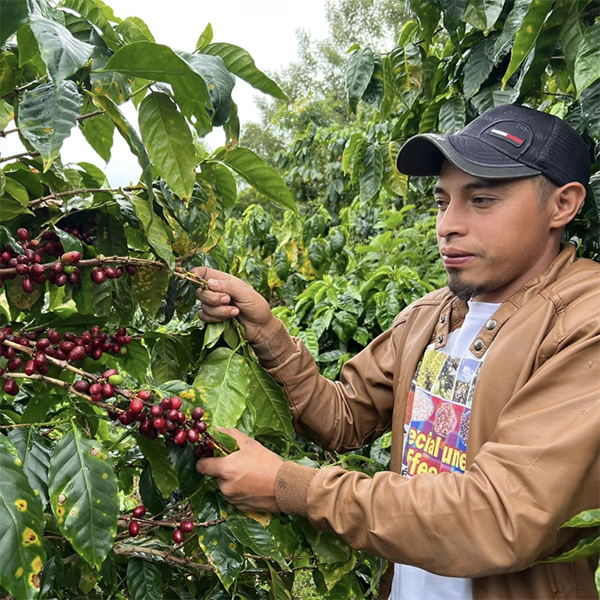
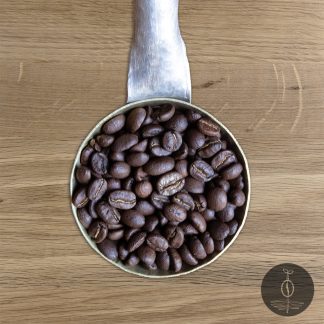
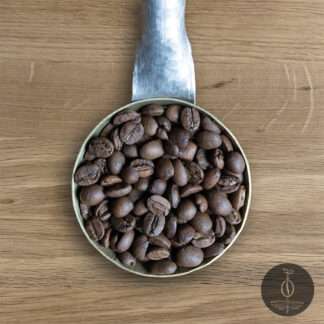
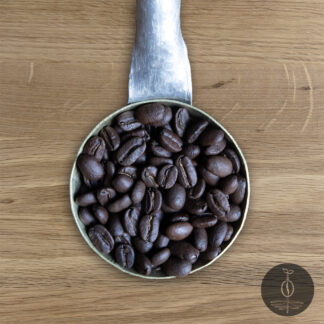
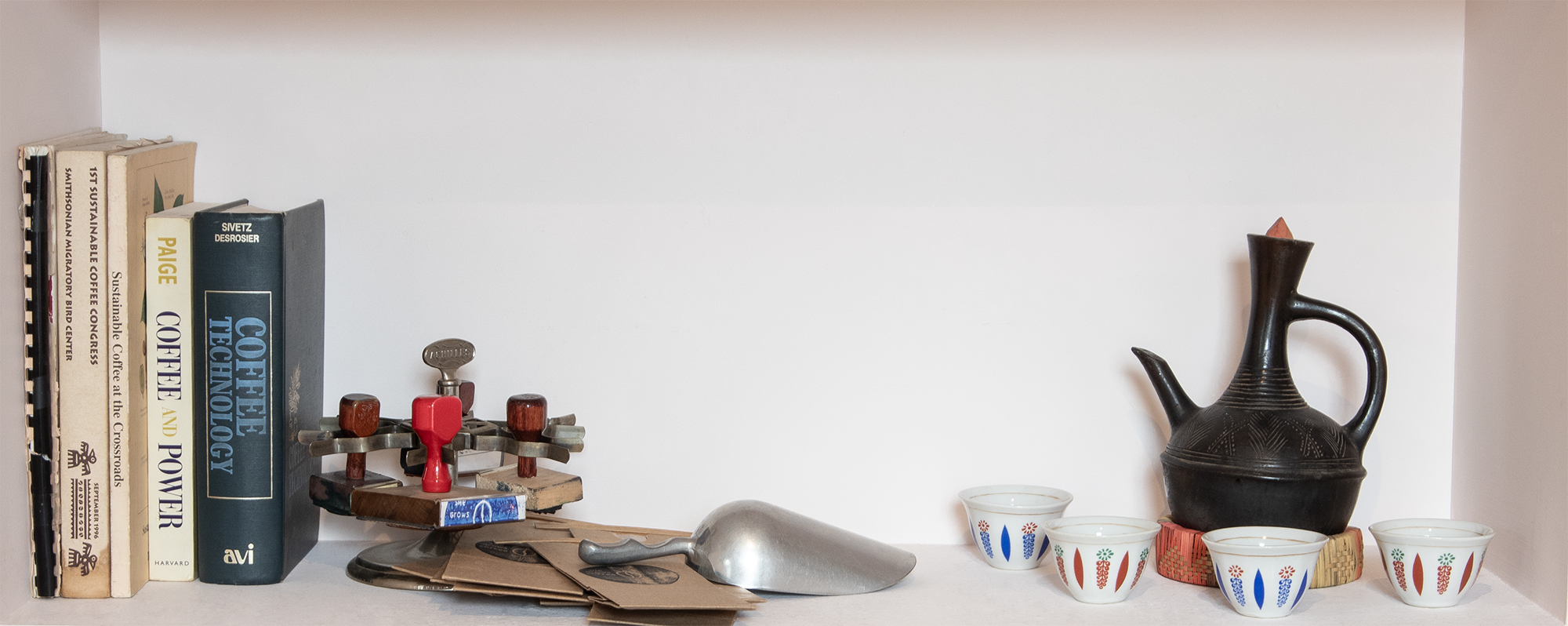
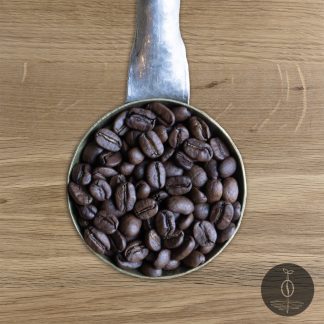
Reviews
There are no reviews yet.